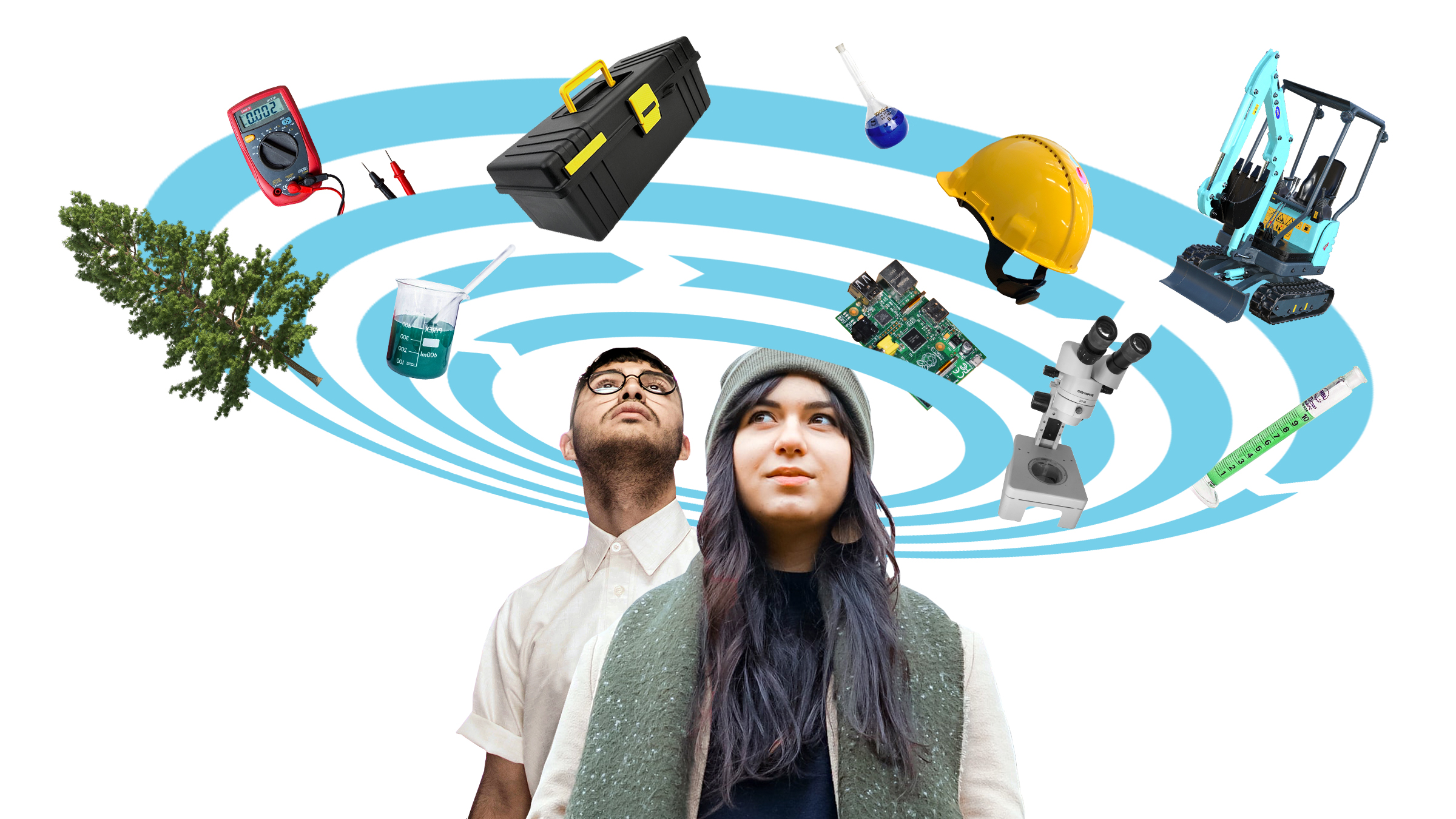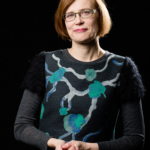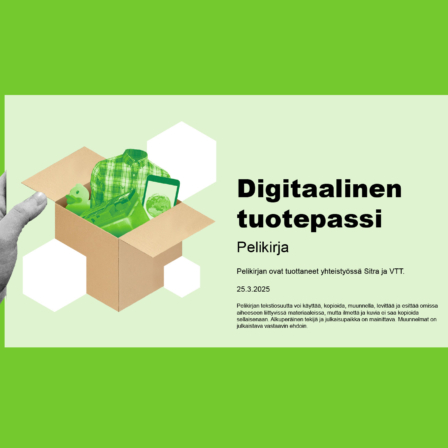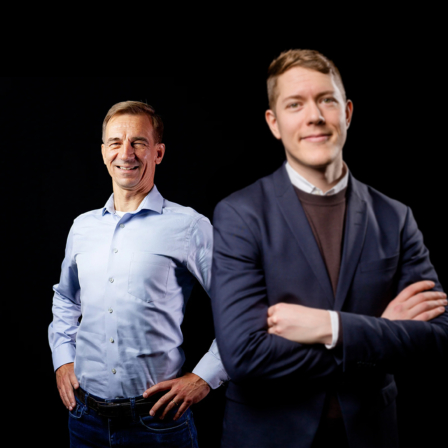In January, Sitra opened a call for funding for circular economy training pilot projects. The call sought projects that have identified needs in terms of circular economy The circular economy An economic model which does not focus on producing more and more goods, but in which consumption is based on using services – sharing, renting and recycling – instead of owning. Materials are not destroyed in the end, but are used to make new products over and over again. Open term page The circular economy competence and developing the expertise needed in a circular society.
From among the applicants, four projects were chosen to start the development of new circular economy expertise. The total amount of funding awarded was 679,300 euros.
“What the selected projects have in common is a carefully identified specific competence need and the ability to respond to it,” says Eero Jalava, Circular Economy Specialist at Sitra. “At the same time, the projects develop training content for vocational qualifications in upper-secondary education. We also appreciated well-functioning dialogue and co-operation between educational institutions and companies.”
The call for funding was targeted at the technology, chemical and construction sectors. The total number of applications received was 48. The sector with the highest number of applications, 25, was the construction sector.
The projects to be funded were selected by a jury consisting of experts from Sitra and the industry federations and trade unions representing the sectors in question.
“Finland and Europe are now taking significant steps towards a circular economy, which means that a lot of new expertise will be needed in the near future. The circular economy will not be built without skilful professionals,” adds Jalava.
“We hope that the projects to be funded and their best practices encourage others to identify circular economy competence needs and take action to develop expertise.”
The planning of the circular economy training pilot projects will begin in summer 2021. Sitra will collate the lessons learned in the projects and make them available to everyone.
RATEKO (Training Centre for the Construction Industries): Online training that will provide examples of the circular economy in the construction sector
Information and training on the circular economy in the construction industry is sparse and circular expertise in the sector is only just beginning to develop. In the training pilot project, RATEKO will compile basic information about the promotion of a carbon-neutral circular economy in the construction sector into a training package for an online environment.
The goal of the online training is to illustrate how the circular economy is realised on construction sites throughout the entire construction life cycle and to develop expertise among people working in the sector and students planning to become construction professionals. The circular economy in construction will be illustrated with practical examples, such as the visualisation of actual on-site situations through videos and animations. The training is intended in particular for building construction degree students and teachers in upper-secondary vocational education.
Southwest Häme Education Consortium, Ytekki Oy and Kierivä Oy: Future demolition professional
Demolition expertise is one of the prerequisites of a circular economy in the construction sector and new circular business is expected to develop for the reuse of materials salvaged from demolition work. Significant competence needs have been identified for demolition training in areas such as the management of risks caused by hazardous substances and the use of material flows resulting from demolition. The training pilot project of Southwest Häme Education Consortium will tackle this challenge by designing and piloting an optional demolition work module to be included in the vocational upper-secondary qualification in construction.
The training content to be developed in the pilot project can be scaled up for use by all construction-sector vocational institutions in Finland.
Savo Consortium for Education and Savonia University of Applied Sciences: Circular economy expertise for machine shops
There is growing demand for low-carbon circular economy solutions in the technology sector, which can also be seen in the mechanical engineering industry and its subcontracting chains. SMEs need practical tools to respond to the increasing need to assess and report on the environmental impact of their operations.
In its training pilot project, Savo Consortium for Education, together with Savonia University of Applied Sciences, will develop a model for SMEs in the mechanical engineering industry to monitor and report on environmental impacts and a tool for assessing and developing resource-efficient practices. In addition, the project will provide employees of SMEs with training that develops circular economy expertise. Based on the training experiment, a module will be designed for the training offered by Savo Consortium for Education in mechanical engineering and production engineering.
The Federation of Education in Central Ostrobothnia (Kpedu) and KIP Service: New kinds of circular economy expertise for the chemical industry ecosystem
There are many process and chemical industry companies operating at the Kokkola Industrial Park, the largest inorganic chemical industry ecosystem in Northern Europe. The Kokkola Industrial Park (KIP) area harbours significant potential when it comes to the development of the circular economy but the challenge is overcoming the current lack of circular economy skills.
In the training pilot project, Kpedu and KIP Service will create a training package for the Kokkola Industrial Park area, supporting the transition of the chemical sector to a carbon-neutral circular economy. The training content will be targeted at chemical industry professionals working for companies in the area, processing industry students at Kpedu and teachers in the sector. The training materials to be created by the project can be duplicated for other chemical industrial parks. Using the training materials, a basic process industry degree module will also be developed, which will be available locally and can also be replicated by other vocational institutions.





















Recommended
Have some more.